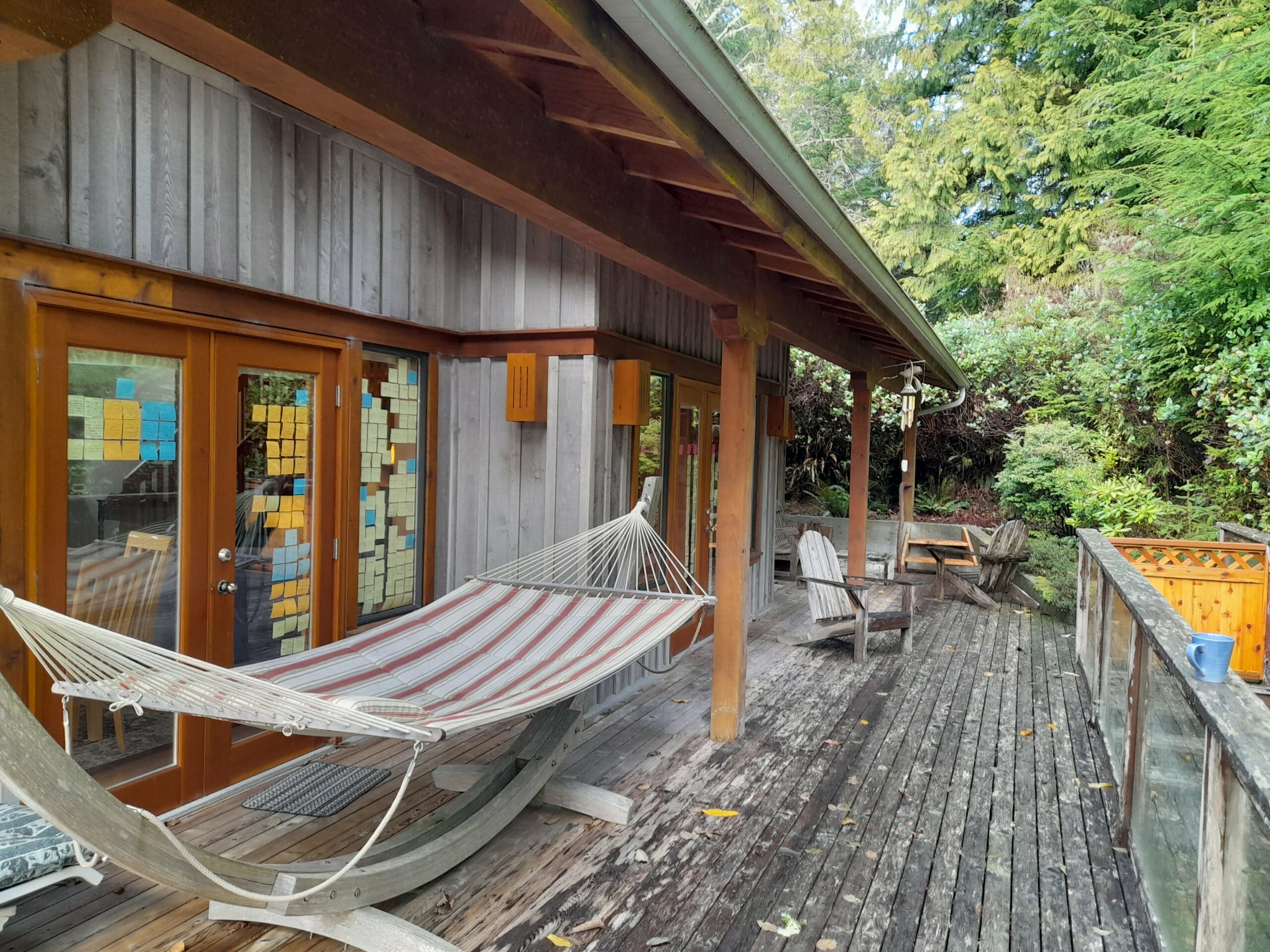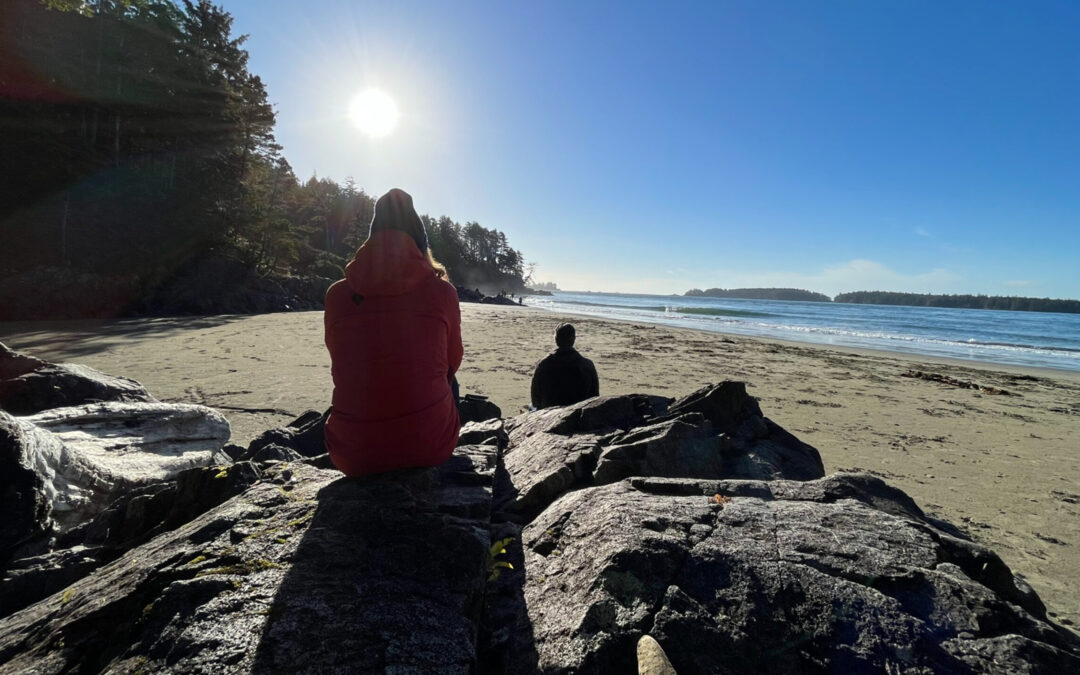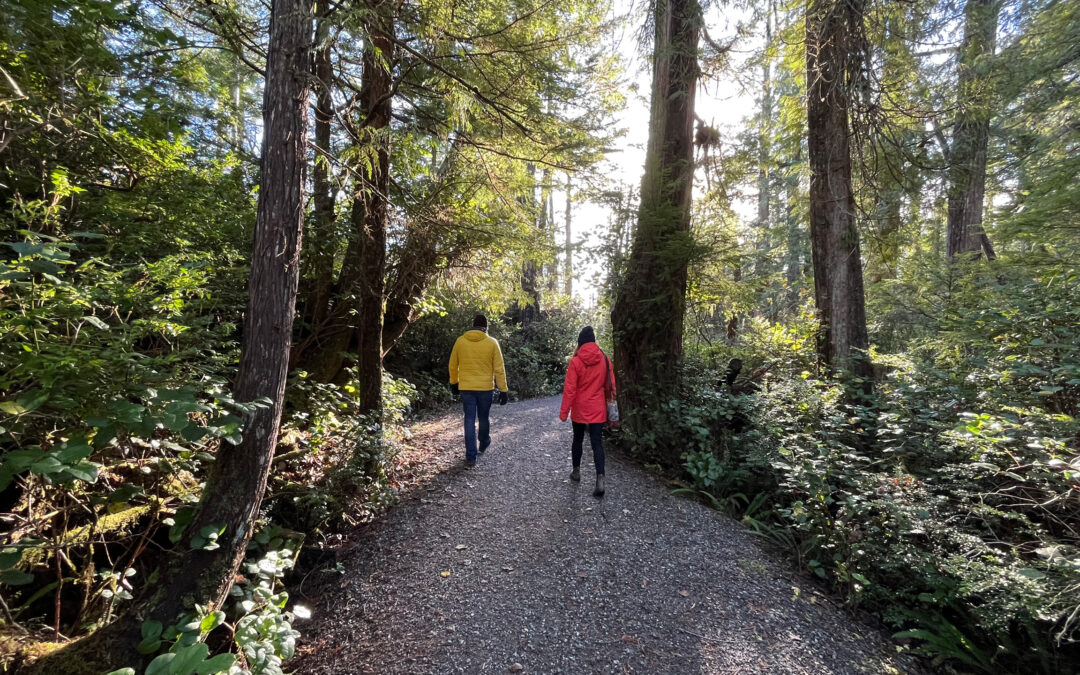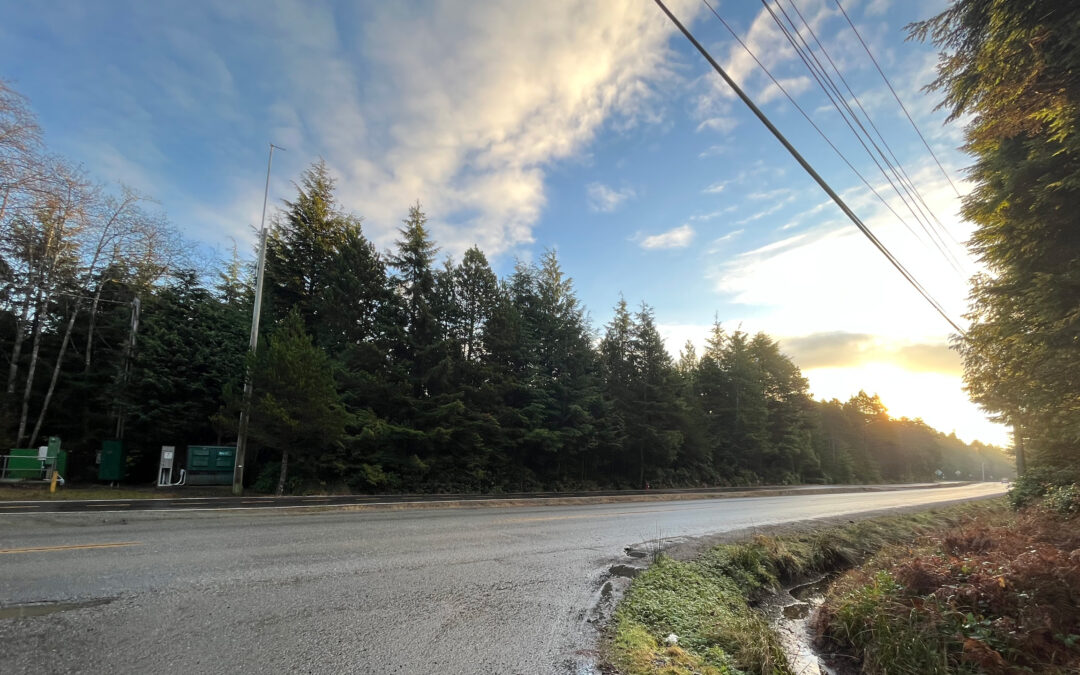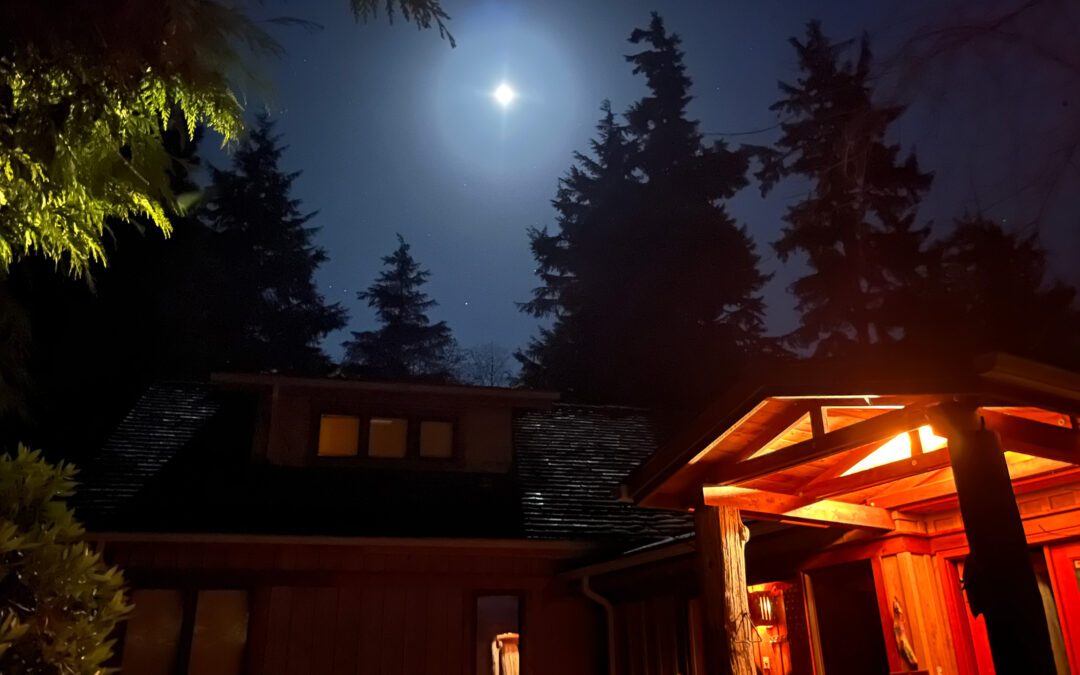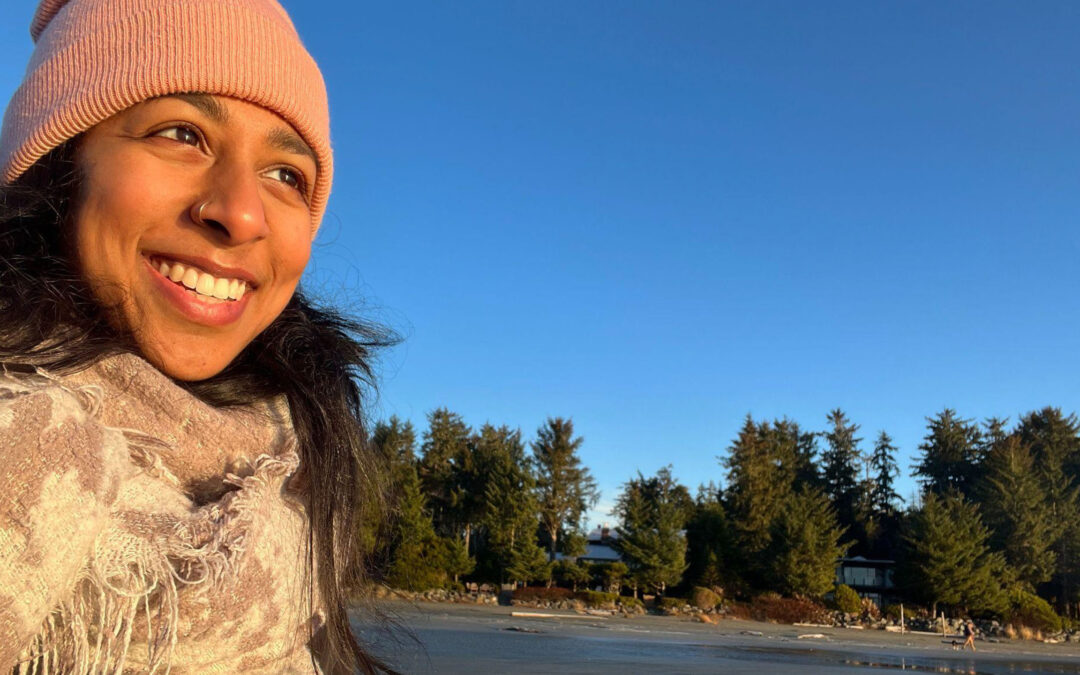Engaging with the Mortal Method, and with our mortality in general requires cultivating a relationship with and a tolerance for paradox.
One of the dictionary definitions of paradox is “something (such as a situation) that is made up of two opposite things and that seems impossible but is actually true or possible.” The etymology or history of the word reveals that: “The term paradox comes from the Greek para (“contrary to”) and doxa (“opinion”). From that, the term came to be used for something that was contrary to, or contradicted, common sense.” What might we stand to gain from sitting with ideas that are contrary to our opinion, and/or contrary to what we deem to be “common sense.” What might we stand to gain from examining the seemingly impossible yet possibly true?
Death and dying as a topic and an experience are riddled with contradiction. Some of these paradoxes are captured in the following quotes, from our own reflections as well as from thinkers who’ve influenced our work:
- “Finite time should spark a slowing down, rather than a rush, yet it often does the latter.”
- “…you live longer only when you stop trying to live longer.” – Gawande
- “Surrendering control, recognizing the limited extent to which we are able to direct the course of our lives, and yet exercising the agency that we do have in order to create the best possible conditions for well-being.”
- “Mortality is universal, but also profoundly personal. A journey that we all take, but experience independently.” – Julia, Nov 10
- “Being able to engage with death in a way that is “friendly”, playful (flirtatious even. To use Mia’s term, “winking” at death in our work), and joyful (the laughing Buddha), but also that recognizes the profound fears that people carry around death, the deep grief that accompanies loss, the tragedy and trauma of unexpected or cruel deaths, etc. It’s both.” – Julia
- “Death is terrifying because it is so ordinary.” – Susan Cheever
- “One must live as if it would be forever, and as if one might die each moment. Always both at once.” – Mary Renault
- “Paradox of death and love. Sometimes you’re free when you let go. When you stop trying, you get what you want.”
- “All interest in disease and death is only another expression of interest in life.” – Thomas Mann
- “There is a very down-to-earth kind of liberation in grasping that there are certain truths about being a limited human from which you’ll never be liberated. You don’t get to dictate the course of events. And the paradoxical reward for accepting reality’s constraints is that they no longer feel so constraining.” – Oliver Burkeman
- “We’re enlivened by these discussions about death.”
- “How do you live knowing you’re going to die?”
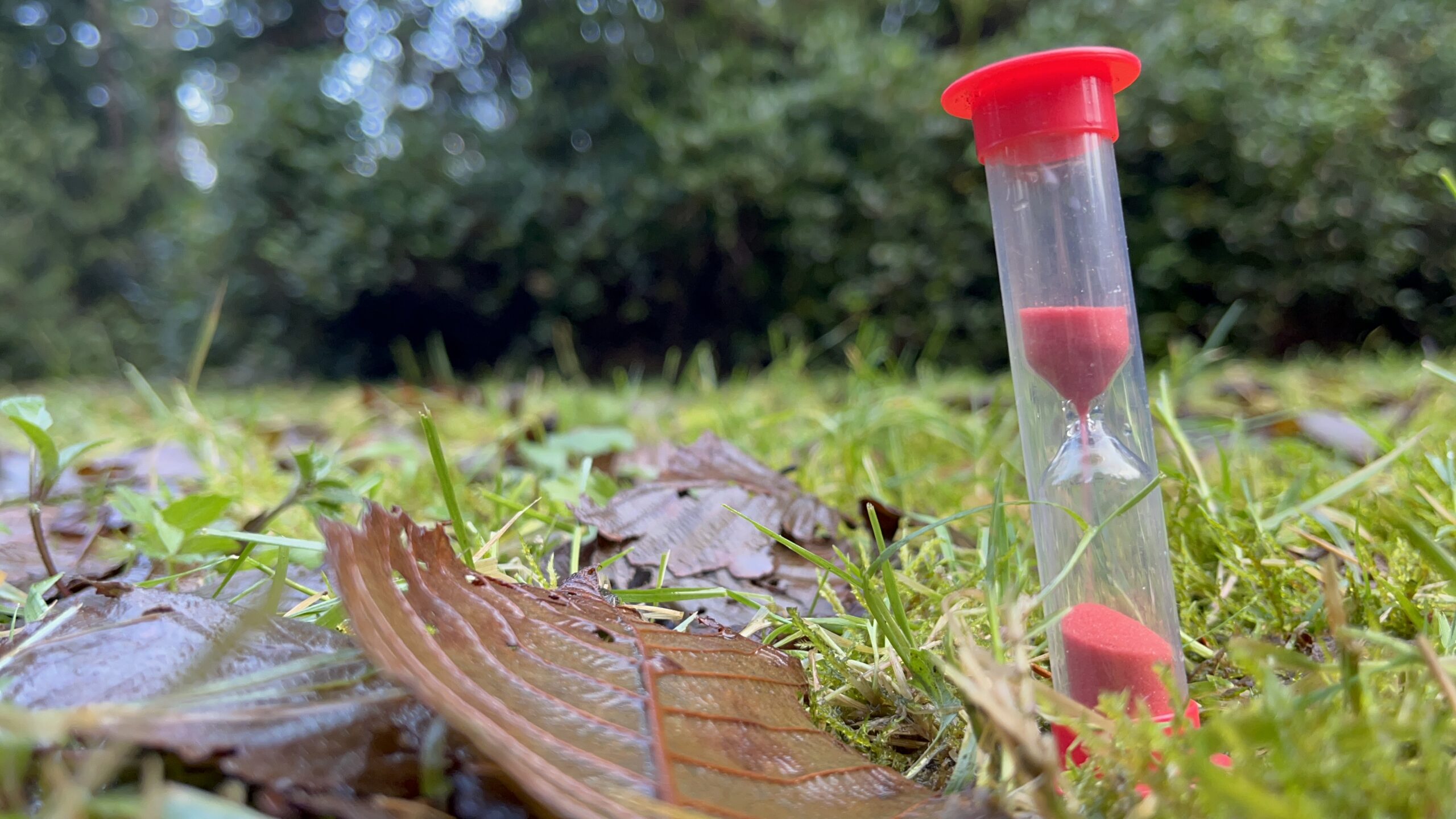
In acknowledging the prevalence of paradox within this work, we asked ourselves, “How might we prepare practitioners to engage in a method and an approach that is full and overflowing with contradiction?” Sitting with the multiple, contradicting truths is particularly challenging in the context of a world and society that prizes and rewards us for either/or, binary thinking – which unsurprisingly is also one of the characteristics of white supremacy culture. This is so much the case that we are made to feel that we are being flimsy or somehow less rigorous in our thinking when we are holding both/and perspectives vs. when we are confident about and committed to a singular truth or one right way. This norm, combined with the general stigma we hold around talking about death, presents as discomfort in individuals and groups when/if conversations about the paradoxical nature of mortality surface. This discomfort is also heightened by the fact that paradoxes are inherently unresolvable, and we are trained to equate our sense of accomplishment and worth with solving and fixing. In this sense, contending with paradox can feel threatening for bodies that have been programmed to work toward a singular, right answer. It can feel challenging to appreciate that the point of grappling with paradox is not to solve it or fix it or somehow combine two parallel truths into one, but rather to appreciate how their coexistence shapes the human experience in beautiful and complex ways.
In these moments, it can be helpful to re-member that the impulse to respond to contradiction with discomfort is programmed and can be unlearned with practice. In fact, as I share in the 30-day Apprenticeship with Mortality practice, I believe that our bodies are capable of holding great contradiction, and in some ways are kept alive through complex, seemingly paradoxical systems. For example, apoptosis or programmed cell death is a process that happens within all multicellular organisms, including humans, as a normal and controlled part of its growth or development. Apoptosis removes unwanted cells during development (e.g. those between the fingers of a developing hand), eliminates potentially cancerous and virus-infected cells, and maintains balance in the body. In this way, I believe that our bodies are capable of holding multiple, seemingly contradicting truths, because they already do. For instance, most of us tend to value progress, but progress requires change and we tend to not like change, especially when it happens to us. Even so, we find ways to meet and move through change.
In some ways, sitting with paradox is an invitation to sit with ourselves. And perhaps when we close off to the paradoxes within our work, we in turn turn away from the paradoxes within ourselves. Perhaps we are sending the message that they are not welcome here, indicating that our bodies are hostile environments for the contradictions that lie within them. An indication for them to remain silent, dormant, even if ever present. What might it look like for us to develop an embodied relationship with paradox, with contradiction, with multiple truths, and with non-binary thinking and being?” The 30-day Apprenticeship with Mortality practice, particularly Day 10 which focuses on paradox, might be one place to start.
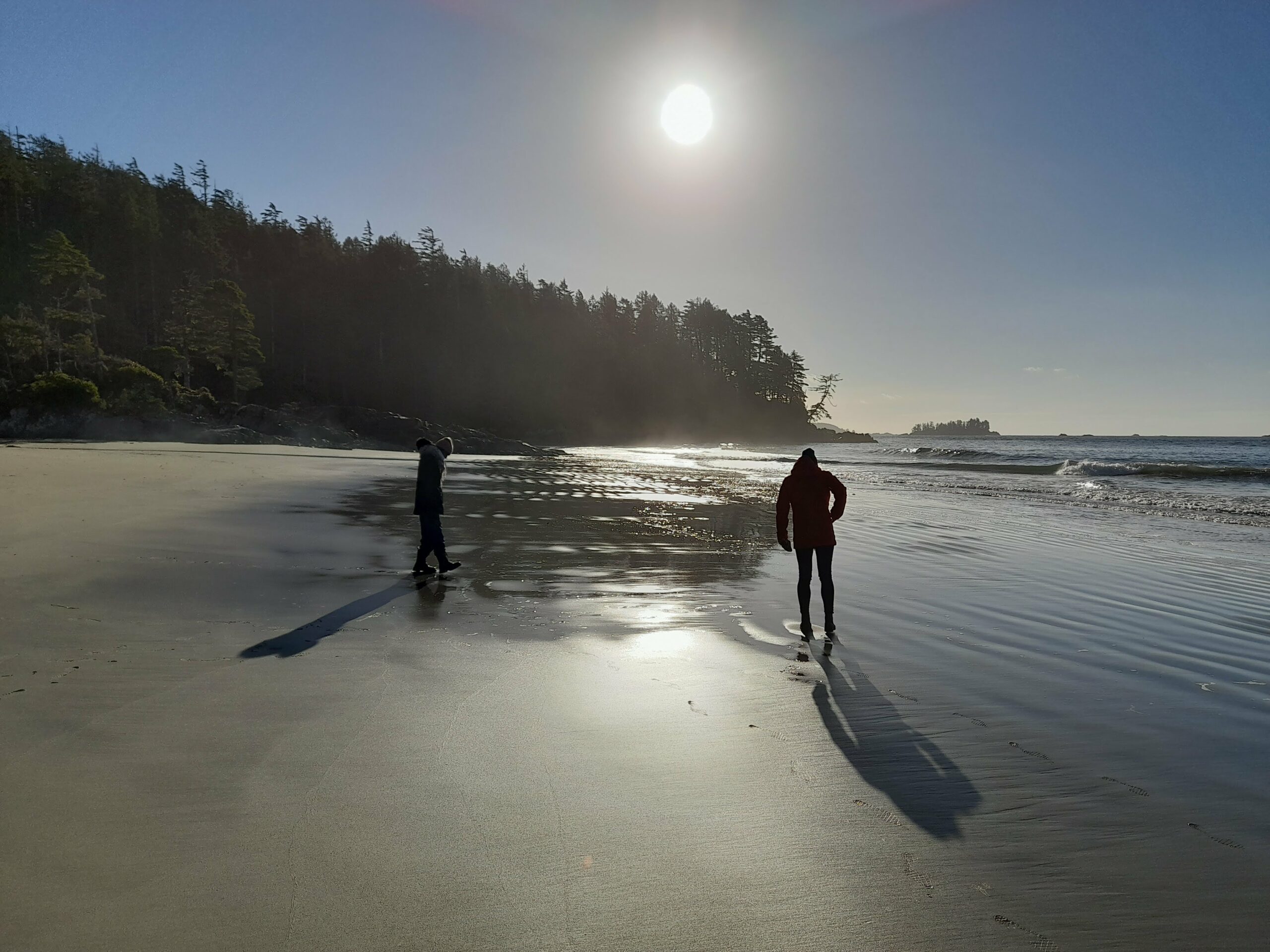
***
Last but not least, as serious and weighty as paradox can feel, one thing we realized during the retreat is that contending with contradiction can also be hilarious. Below are three instances of encountering paradoxical that made us giggle:
Forgetting Death + Dying
We were mid-way through our work session on Finitude as a quality of mortality before we realized that we hadn’t listed “Death + Dying” as a subtopic under it. While we had remembered to include subtopics like temporality, presence, fear, boundaries, legacy, YOLO, and aging, we had somehow forgotten perhaps the most obvious subtheme within finitude. As I reflected more about it during that day’s harvest session, I said aloud, “I wonder if part of why we forgot to include death & dying as a subtopic is because so much of the work for us is actually about aliveness, & the experience of being alive?” In this sense, so much of the work of the Mortal Method is about LIVING in ways that honour our mortality, which in itself can read as a paradox.
Porcelain inspiration
We had so many moments of one of us jumping out of a session for a quick bathroom break and coming back with ideas from the porcelain throne, that we started calling it The Inspiration Room. In a culture that uplifts the grind and panders to the myth that work needs to be hard, it was paradoxical that our biggest breakthrough came in a moment of stepping away to relieve ourselves.
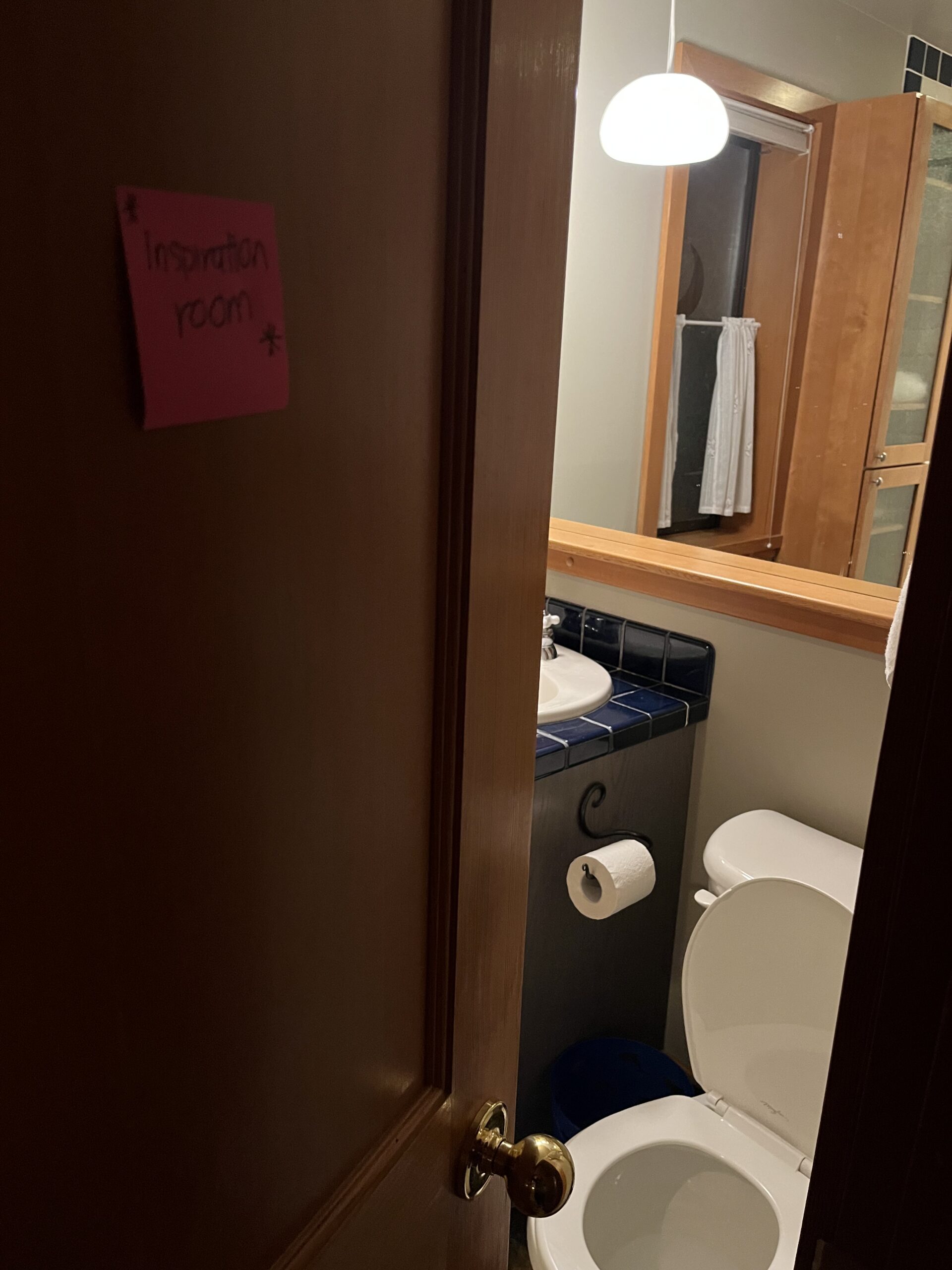
Not a break, just a rest
On the fourth day of the retreat, our morning session had bled a little bit into our lunch hour and we were all feeling the effects on our bodies – as hunger, as fatigue, as fidgety. As we went around in a check-in about how long we might each need for a lunch break, Albert very earnestly said, “I don’t need a break, I just need some food & a little rest.” Convening back after the lunch hour, hungers satiated, naps napped, and walks walked, I repeated back to Albert what he had said and asked, “Is that not a break?” We chuckled at the ways in which we’re so programmed against rest that it can be tough to call it what it is even and especially when we most need it.
